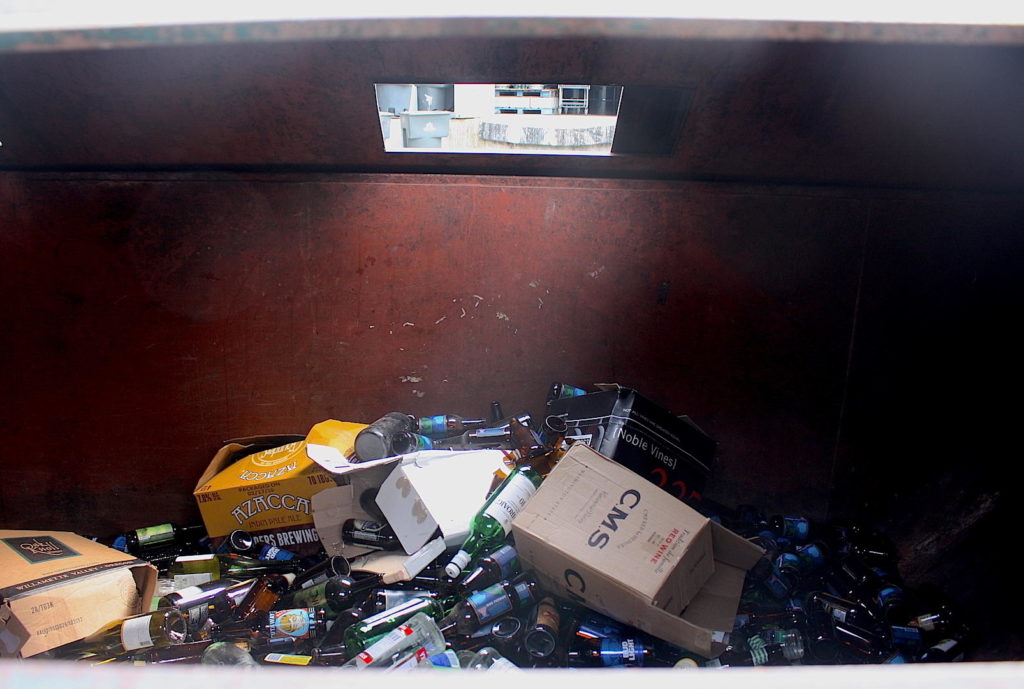
Nashville is tightening the rules on what can go in curbside recycling bins, including issuing a new ban on plastic takeout containers.
The change, says Metro Public Works, is part of an effort to simplify the recycling process and make sure people don’t put in material that its facility can’t handle.
Metro doesn’t recycle certain kinds of plastics — like biodegradable food containers — but it’s hard for the average consumer to figure out which ones make the cut. Some look recyclable but actually aren’t, says Sharon Smith with Metro Public Works.
“A lot of times we get extra contamination because of all the different kinds of plastic that are out there,” she says.
By banning
any kind of plastic takeout containers, the city is hoping the wrong kind doesn’t get in the stream.
Residents can still recycle plastic bottles, juice jugs and dairy tubs in their curbside bins.
More:
See a full list of acceptable items.
Ideally, Smith says, if we put less material in our recycling bins but it’s all good quality, “then we end up with more material getting recycled, which is the goal in the end.”
Other Contamination Still An Issue
Why the change? It’s an issue of supply and demand.
American cities want to recycle, but China — a huge buyer of American recycled material — recently started limiting how much it would take. That means there’s extra supply on the market, and recycling companies in the U.S. now have their pick of the litter: They can demand only the purest recycled material.
More:
Curious Nashville: The Do’s And Don’ts Of Nashville Recycling
So, cities want to avoid including an errant form of plastic in their shipments. Or a situation like one last week in Nashville, when someone tried to recycle a bunch of paper but stuck a piece of cake on top — its residue soaking through the rest of the paper.
“It was actually kind of funny,” Smith says. “Somebody had a birthday, and then they ruined recycling for everyone. And it had pink icing, by the way.”
Since last year, Metro Public Works has been checking curbside bins and putting a tag that says “Oops!” on those clearly have contamination. The biggest offender, they remind residents, is plastic bags.
Whether the new changes and outreach to offending residents actually work remains to be seen. Smith says she hopes to do an audit in a couple of months.


